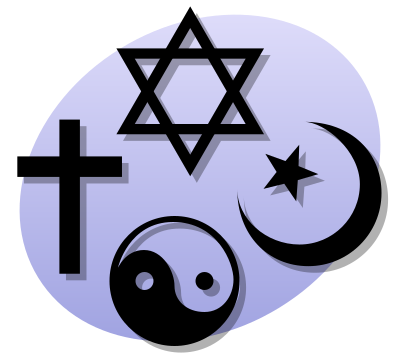
I'm doing a course on Old Testament survey and we were in a discussion on whether it was possible, using our modern minds to exegete the text scientifically, that is reading the text with modern bearings, that the Israelites were able to cross the Red Sea (i'll not get into details about the Reed sea debate)?
Some scholars contend that the number of Israelites, if there were millions of them, it would be impossible for them to cross the Red sea in the space of hours but it might take a week for them to do so. (Sorry I haven't got the time to cite the references of where i got these facts. I'll probably do explanation when i have free time to spare)
But let me just pose a few questions on this. Should we use modern ways to read some portions or the whole of the Old Testament? Modern as in reading them in the way we read historical books now, where facts are studied and chosen and weighed to determine whether they are real or not.
For the moment though, I lean towards trying to understand the OT in the manner how someone in that particular era understood things. Take for example missionaries who come from developed countries and they work among tribal groups who live in the jungle. If the wanted to communicate Christianity with these people, do you think it necessary for them go tell these people about the original Greek language of a certain word, or talk to these people about science and religion? I think these people would be scratching their heads and wondering what on earth these missionaries are talking about.
I think it is more rewarding to read an ancient text, not to look too much into how they relate scientifically (although in some cases this is needed), or factually (in the manner of archaeological discoveries). Another way to appreciate the ancient text is also to read them in a way that we try to dig out their theological bearings or meanings. The bible is first and foremost, after all, a book telling us about God and his story.



